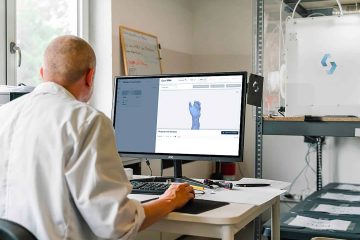P
hysiotherapy is often sought out for rehabilitation after injuries, but its benefits extend far beyond. Here’s why physiotherapy is an essential part of maintaining good health and well-being
Recovering from injury and surgery
Physiotherapy helps restore movement, manage pain, and prevent future complications after an injury or surgery. By strengthening surrounding muscles and improving flexibility, physiotherapy can significantly improve your ability to return to daily activities.
Improved mobility:
Physiotherapy can address limitations in movement caused by various conditions. This can involve techniques to increase joint range of motion, improve balance, and strengthen muscles, allowing individuals to move with greater ease and confidence.
Neurological conditions:
Physiotherapy plays a vital role in managing neurological conditions like stroke, Parkinson’s disease, and multiple sclerosis. It can help improve coordination, balance, and muscle function, allowing individuals with these conditions to maintain a higher level of independence.
Preventing further injury:
Physiotherapists can assess your posture, movement patterns, and muscle imbalances that might predispose you to injuries. They can then design personalized exercise programs to strengthen core muscles and improve movement mechanics, reducing the risk of future injuries.
Overall well-being:
Physiotherapy isn’t just about fixing a problem; it’s about promoting overall well-being. By addressing pain, improving mobility, and preventing future issues, physiotherapy can significantly enhance your quality of life and ability to participate in activities you enjoy.
Remember:
Consulting a physiotherapist is not just for recovering from injuries. It’s a proactive approach to maintaining good physical health, managing pain, and preventing future complications.
Additionally, consider mentioning:
- Physiotherapy can be beneficial for people of all ages, from children to older adults.
- It can be a conservative treatment option, often helping to avoid the need for surgery or medication.
- Physiotherapists work collaboratively with other healthcare professionals to ensure a comprehensive treatment plan.
By incorporating physiotherapy into your healthcare routine, you can take charge of your physical health and move towards a more active and pain-free



